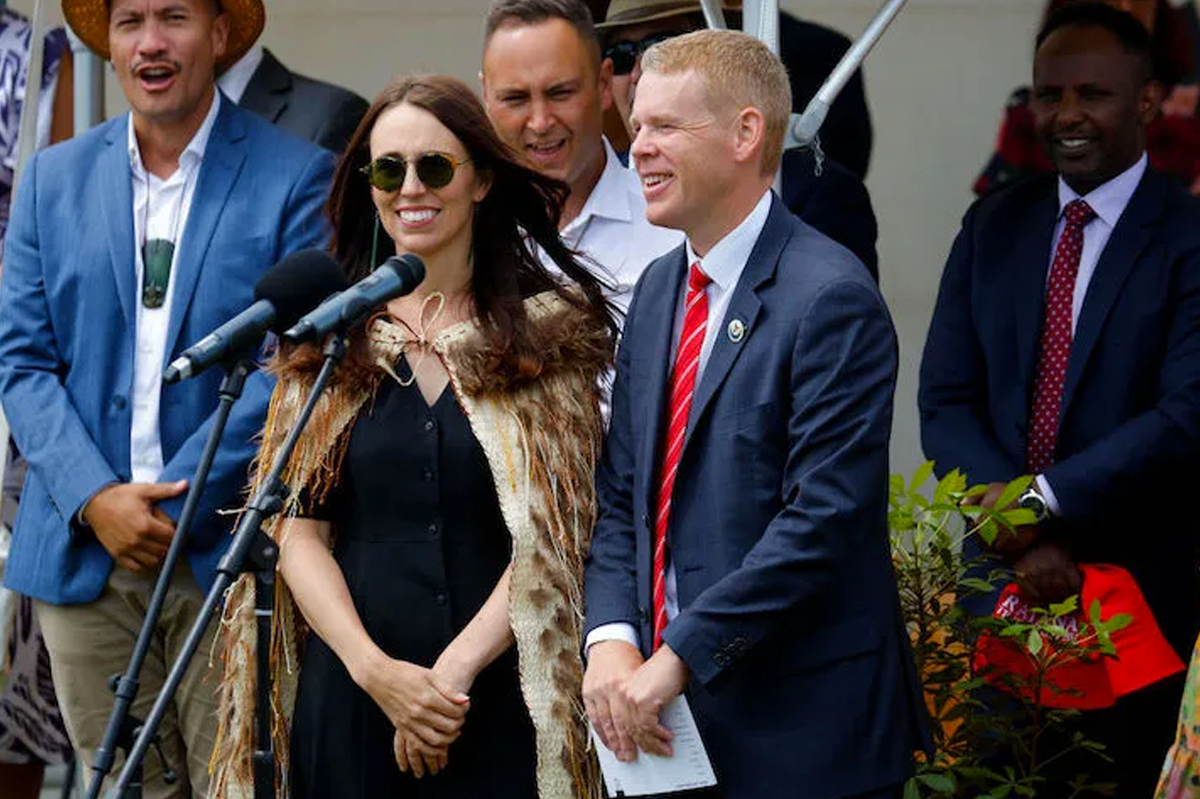New Zealand’s Political Landscape Shifts as Hipkins, Sepuloni, and Ardern Reflect on Legacy and Future
Wellington, December 20, 2024 – The political climate in New Zealand has been abuzz with discussion as former Prime Minister Jacinda Ardern, ex-Prime Minister Chris Hipkins, and current Deputy Prime Minister Carmel Sepuloni reflect on the past year and the evolving landscape of the Labour Party.
Ardern’s Legacy of Leadership
Jacinda Ardern, who made headlines for her compassionate leadership during crises like the Christchurch mosque shootings and the COVID-19 pandemic, continues to leave a lasting impact on New Zealand politics. In an exclusive interview, Ardern shared insights into her decision to step down earlier in 2023, saying, “I knew it was time for a new direction, not just for me but for the country. It wasn’t an easy decision, but it was the right one for New Zealand’s future.”
Ardern’s resignation opened the door for Chris Hipkins, a long-time ally, to take the reins as Prime Minister, but her departure also marked the beginning of a new phase for New Zealand’s Labour Party. While Ardern’s tenure is remembered for progressive policies on climate change and social equality, her time in office was not without challenges. As she transitions into private life, Ardern continues to advocate for global issues, including women’s rights and mental health.
Hipkins’ Short-Term Leadership
Chris Hipkins, who assumed the role of Prime Minister in January 2023 after Ardern’s resignation, has faced a tumultuous year. Despite his long tenure in government, Hipkins struggled to maintain the popularity Ardern enjoyed, as New Zealand faced economic headwinds and public discontent over handling post-pandemic recovery. While his leadership style was seen as pragmatic and steady, the Labour Party was unable to recapture the momentum it had under Ardern.
“2023 was a year of growth and challenge,” said Hipkins in a recent statement. “While the country was navigating its way out of the pandemic’s shadow, we worked hard to address issues like housing affordability and child poverty. It’s been a challenging year, but I’m proud of what we’ve accomplished.”
After Labour’s loss in the 2023 elections, Hipkins announced he would not seek re-election, paving the way for the next generation of leadership within the party.
Sepuloni’s Rise to Power
Carmel Sepuloni, New Zealand’s first Deputy Prime Minister of Pacific Island descent, has been at the center of discussions about the future of the Labour Party. As the Minister for Social Development and Employment, Sepuloni’s work on addressing poverty and welfare reform has earned her respect, not just within the Labour Party but across the political spectrum.
Sepuloni’s role as Deputy Prime Minister has placed her at the heart of political discourse, with many speculating that she is positioning herself as the future leader of the Labour Party. “We have made significant strides in addressing the challenges faced by the most vulnerable in our society,” Sepuloni said at a recent press conference. “But there is still much work to be done. I am committed to ensuring that New Zealand remains a place where everyone can thrive.”
A New Era for Labour
As the Labour Party shifts focus from the legacies of Ardern and Hipkins to the emerging leadership of Sepuloni, New Zealand’s political landscape appears poised for change. The upcoming 2024 elections will likely determine whether Sepuloni’s vision for the future resonates with voters, or if the National Party will once again reclaim the spotlight.
Both Hipkins and Ardern have signaled their continued involvement in public service, with Ardern focused on international efforts and Hipkins returning to grassroots education initiatives. Sepuloni’s leadership, however, is expected to shape the party’s future direction, marking a possible generational shift in New Zealand’s political landscape.
As 2024 progresses, all eyes will be on these three key figures—each of whom has had a profound impact on New Zealand’s history, with their next moves expected to influence the
nation for years to come.



